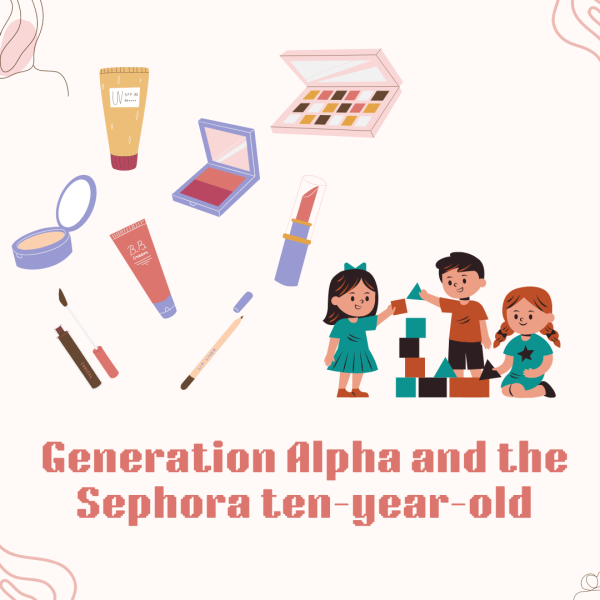South’s AP Psychology Club encourages student involvement
February 3, 2017
The mind of a human is complex and can function in many ways. This idea, known as psychology, can be found in discussion by South students every Thursday afternoon during Psychology Club.
According to Sejal Schullo, Psychology teacher and sponsor of Psychology Club, although the club could potentially help students in advanced placement (AP) and regular Psychology, it’s not exclusively for students taking those courses. Instead, Schullo said the club was created with the intention of introducing concepts of psychology to everyone, especially those who are interested in taking Psychology as an upperclassman.
“I think it would be nice to have kids who are not seniors in AP Psychology or regular Psychology, but also the underclassmen who are interested in taking it later [so they can] start acquiring their knowledge and understanding now,” Schullo said.
Junior member Laura Jensen said she was drawn to Psychology Club for different reasons other than her enrollment in Psychology. Instead, according to Jensen, her heightened interest in psychology originally persuaded her to join the club.
“I find anything about psychology and the brain in general incredibly interesting, especially how psychology makes you act and have different perspectives depending on what’s happened previously in your life,” Jensen said.
According to senior member Rositsa Ivanova, she is looking forward to participating in different demonstrations during Psychology Club because she has enjoyed many of the demonstrations that have been done during her AP Psychology class.
“We have done challenges, like the marshmallow challenge, where you have to build a tower using spaghetti sticks and marshmallows,” Ivanova said. “Through this activity, we learned that we need a much broader perspective when it comes to being creative and working as a team. We’ve also done demonstrations that have shown us how easily the human mind can be tricked.”
Although Psychology Club encourages students of all grade levels to join, Schullo said the club can be particularly beneficial to upperclassmen who are enrolled in Psychology.
“[Psychology Club] is going to create layers and levels of processing information for [students in Psychology],” Schullo said. “It creates a deeper understanding for theories we talked about in class, which then creates better retention. Many of them have an AP Psychology exam at the end [of the year] that they are going to take, so for that, [the club] will make them more successful.”
According to junior club founder Ji Kim, Psychology Club has high hopes to participate in many different activities throughout the year. Kim elaborated that some of these activities include documentary viewings, book reviews, reacting to current events that connect to psychology research and competing in the Chicago Brain Bee held at Lake Forest College this January, which is a trivia competition testing knowledge in neuroscience. Along with this, Schullo said the club plans on fundraising to help both themselves along with others.
“We do want to do some service and would do some fundraising to create a budget for ourselves because we don’t have one,” Schullo said. “Most small clubs don’t get activities money. [There are] things we might want to purchase, like DVDs and documentaries, and [we would also] donate some of that money to a charity of [the students’] choosing that is psychology focused, like a mental awareness organization.”
Overall, Schullo believes Psychology Club is important because it allows students to cover different subjects that are unable to be discussed during class since there isn’t enough time to do so.
“[Psychology] is everywhere,” Schullo said. “Everything that is a hot topic or a piece of content for a psychology class, you can see it in the world and things around you. There’s so much material out there, [such as] articles, current events, documentaries [and] demonstrations, [so] Psychology Club would give us a platform to do some of those [activities] and dive deeper into the material.”














